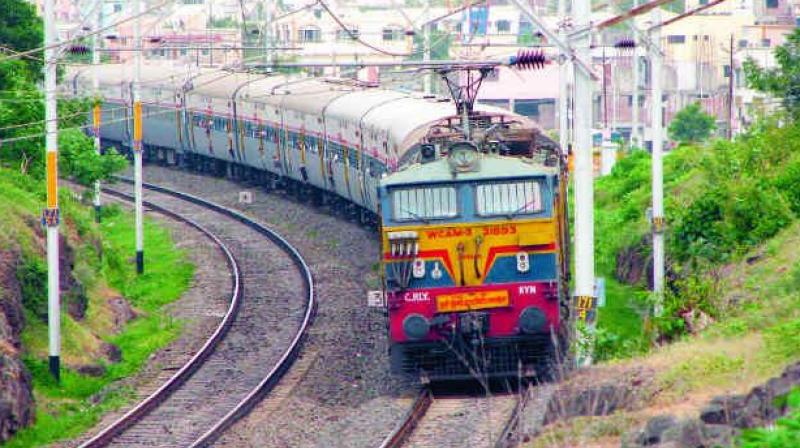Kerala: Railway land policy poses delay

Thiruvananthapuram: The railways’ new land acquisition policy on completion of land acquisition prior to starting railway line construction will further delay state schemes. This was even after a special purpose vehicle Kerala Rail Development Corporation Limited (KRDCL), the joint venture between the state and railways was formed for executing rail projects on 51:49 cost-sharing basis including the third and fourth line along the 574-km Thiruvananathapuram Central-Kasaragod corridor.
As per the policy, the railway has issued orders against floating tenders or starting work on any new project without land in hand or a written assurance from the state government guaranteeing land to the railways within a specific time frame. At present, projects can start on the availability of 70 per cent of the land. This often led to stoppages and delays because of non-availability of land or earmarked land being caught in litigation. The announcement comes at a time when the railway board had sanctioned new projects for the state including Cochin Airport Link rail, building a terminus at Ernakulam, Rail connectivity to the upcoming Vizhinjam seaport.
The detailed project report (DPR) of the Thalasserry-Mysore line via Mananthavadi will be completed before Dece-mber 31. The railway board also agreed to consider the Erumeli-Punalur line of 65 kilometre. Ettuman-noor-Pala line of 15 kilometres linking it with Sabari line was also under consideration. Kerala Railway Users Association president K.J. Paul Manvattom said that the new policy would reduce the lagging of the project. The doubling of the 115 kilometre-Ernakulam-Kottayam-Kayamkulam line which started in 2011 is yet to be completed due to the lack of available land.
As many 36 kilometres in the Kuruppanthara-Chingavanam-Changa-nasserry sector is yet to be completed. The newly sanctioned Ettumanoor-Pala line of 15 kilometres may meet the same fate proposed to link with the Sabari line. This was because the proposed line was going through highly populated sectors, said Mr Manvattom.

